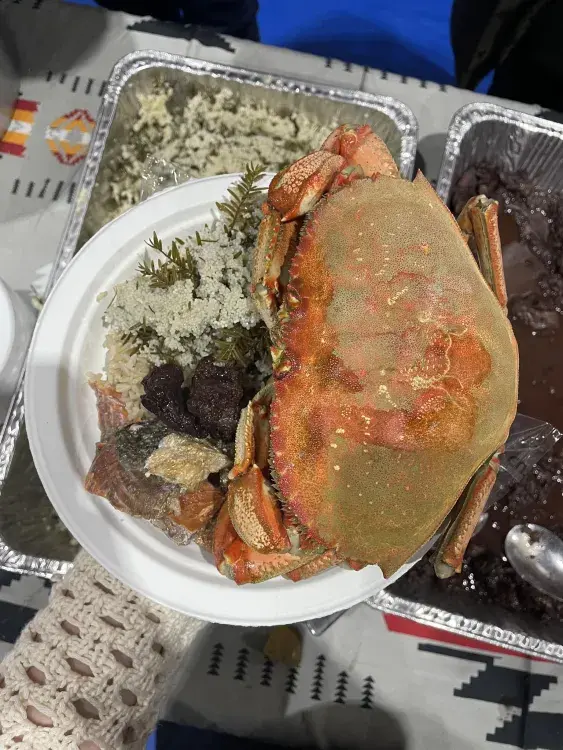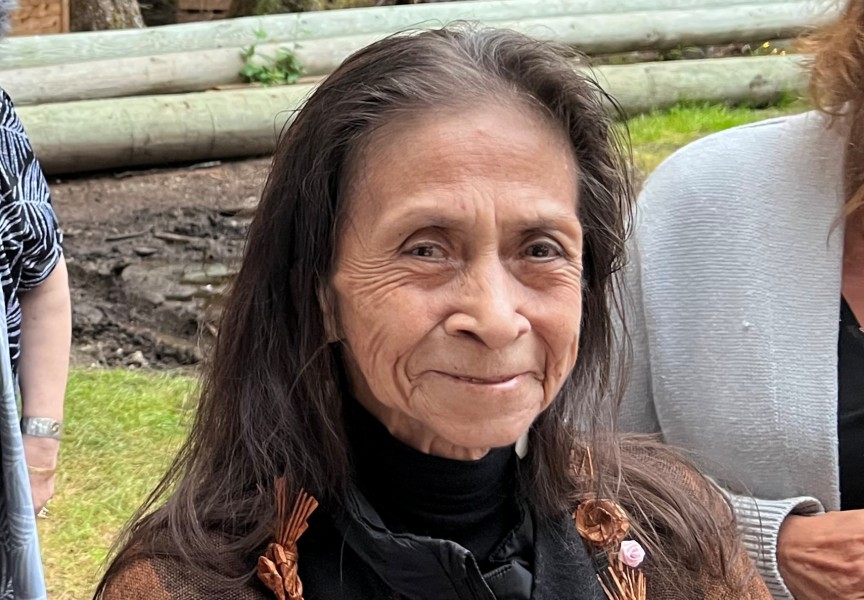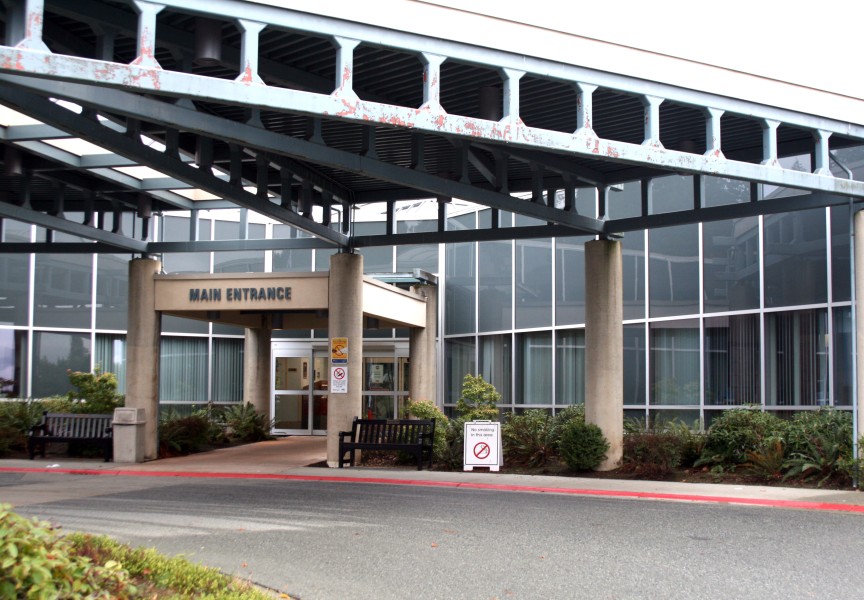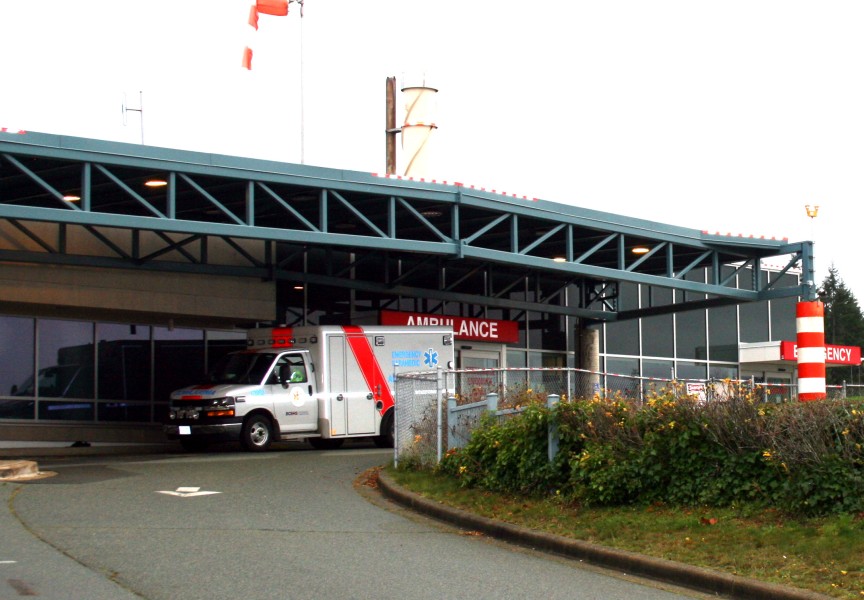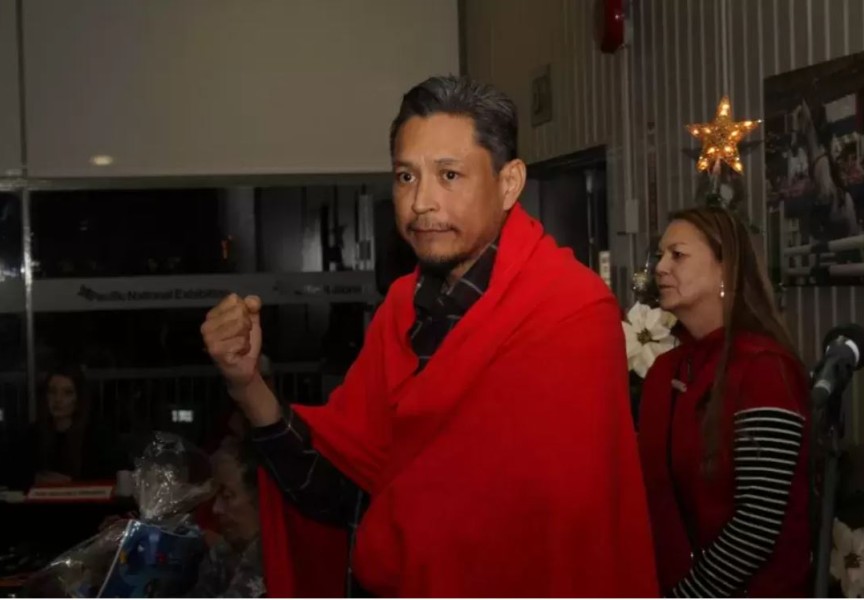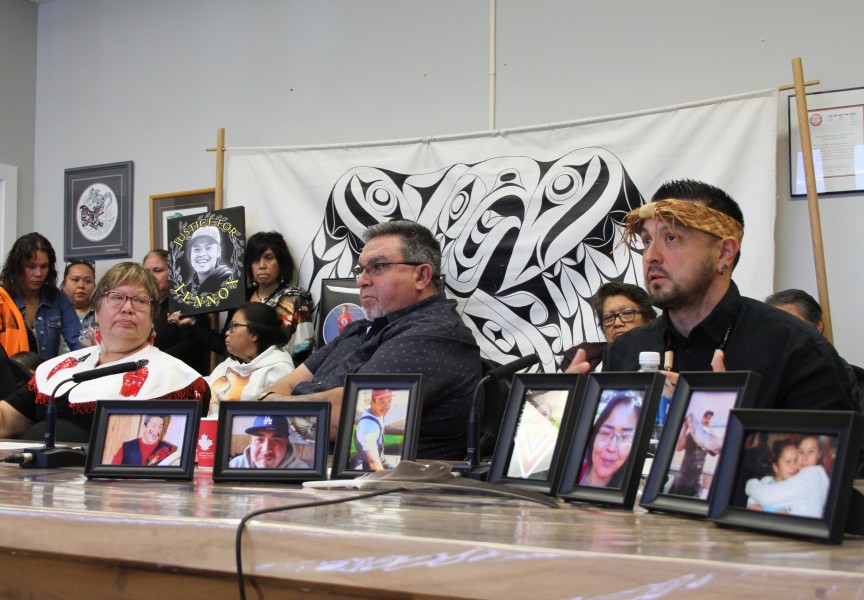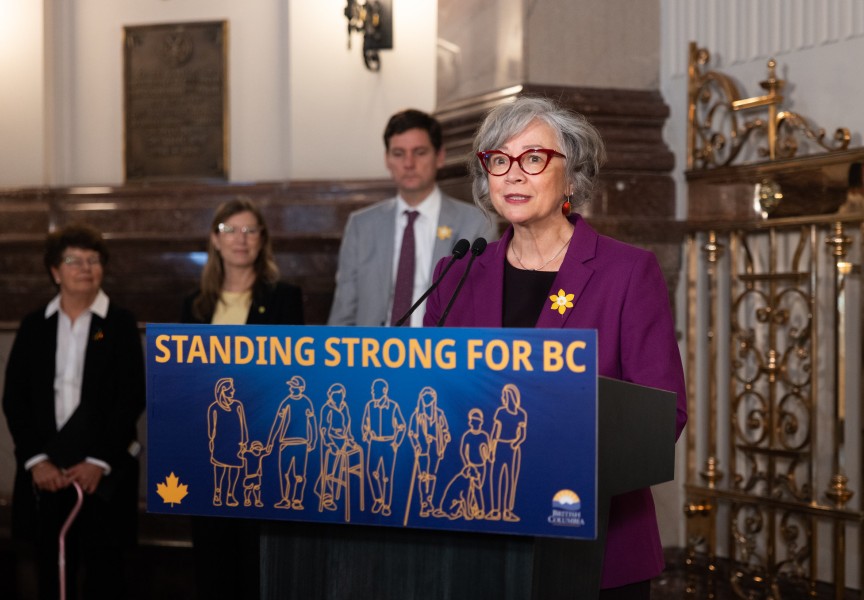Connecting families to traditional foods and traditional healers is a central focus of the inaugural Food is Medicine Diabetes Gathering on Nov. 2 at the Echo Centre in Port Alberni from 10 a.m. to 3 p.m.
This free, drop-in event is for people living with diabetes, their family members, supports and anyone who is interested in overall wellness. A healthy lunch will be served, and no pre-registration is required.
“We’re really looking forward to it and we’re hoping that people will feel really nurtured and that they’ll feel happy in being able to connect and create some community around diabetes,” said Jen Cody, a registered dietician with the Nuu-chah-nulth Tribal Council.
Cody told the Ha-Shilth-Sa that the Food is Medicine Diabetes Gathering takes a holistic approach to people on their wellness journey related to diabetes. In addition to sharing information about traditional foods and healers, there will also be a wide range of helpful resources.
Participants can chat with a foot doctor, Seabird Island Mobile Diabetes clinic will be on site testing blood sugar levels, cholesterol and kidney status and there will also be someone checking eye health.
“I think most families are impacted by diabetes in one way or another, so this will be a really good opportunity for people to come on by and learn a little bit more either for themselves or for family members,” said Cody. “All of connections and information that’s there can be really relatable to overall health, so if people are really wanting to prevent diabetes, then coming and learning more can make a big difference for them too.”
A report released in August by the First Nations Health Authority (FNHA) and British Columbia's Office of the Provincial Health Officer (OPHO) highlights the reality that diabetes amongst First Nations People in B.C. is worsening.
“Prior to settler-colonial contact, First Nations Peoples in B.C. lived highly active lifestyles and ate healthy traditional diets. As a result, chronic conditions such as diabetes were virtually nonexistent among First Nations communities,” states a report release in August by the FNHA and the Provincial Health Officer
But the intergenerational effects of Indian residential schools and confinement to reserves have contributed to high rates of diabetes amongst First Nations Peoples by “limiting their ability to connect with the land and water, and often disrupted access to traditional foods,” notes the FNHA report.
“This has pushed many First Nations people into poverty and more sedentary lifestyles, and toward less nutritious diets. This dietary shift typically includes increased amounts of simple sugars and saturated fats, as these are often key ingredients in more readily available, affordable, and highly processed market foods,” reads the FNHA report.
Cody says “decolonizing the food that we eat” is one way to prevent and manage diabetes.
“Traditional foods are the most outstanding and the most nutritional foods that people can connect with. Carbohydrates weren’t a very big part of a traditional diet and so coming back to a traditional diet is way to really connect with the land and the ocean and connect in a good way with the foods that really support health and nutrition,” she said.
Swapping high sugar, ultra processed foods for whole foods that come directly from the land is the best way to maintain a healthy diet, Cody notes. She suggested snacking on apples with peanut butter, veggies with hummus, dried clams, smoked salmon, boiled eggs or a can of salmon.
“The salmon and the protein foods are going to stick with you. They are quick and easy and a really good snack,” she said.
“I know for many people with diabetes, they think it’s hard and challenging and they feel judged,” continued Cody. “That is totally valid. One of the things we are trying to do is create an opportunity so people can feel pride and people can feel success in being able to take care of themselves and take care of others in a really good way and be on a good path.”
For more information about the Food is Medicine gathering or for the schedule of events, contact Matilda Atleo: (250) 720-6141 or email matildaatleo@gmail.com.

